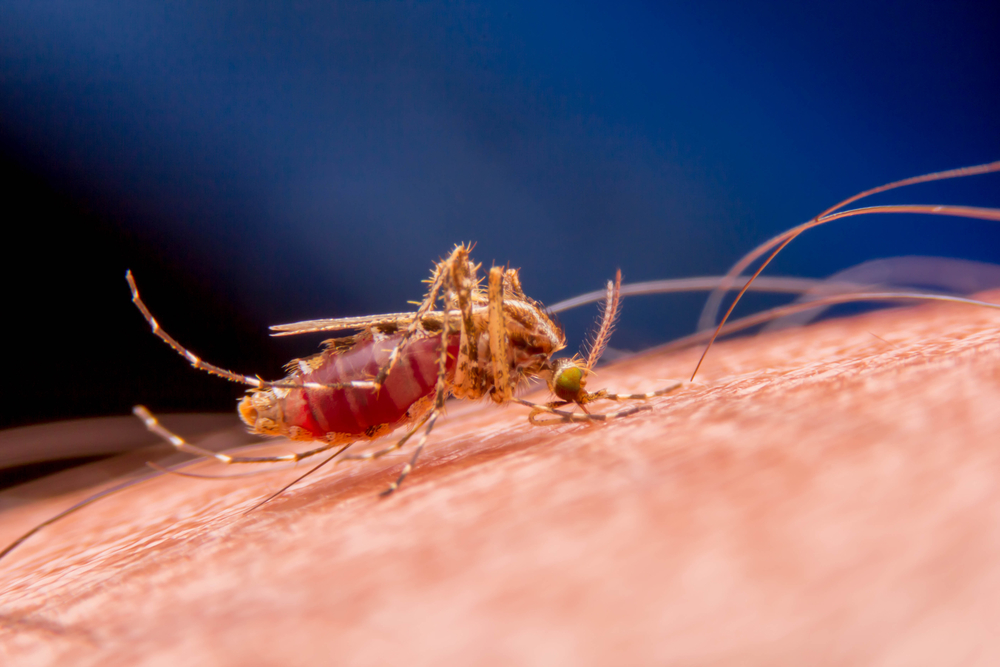
The World Health Organization (WHO) recently issued new treatment guidelines to eliminate lymphatic filariasis, a parasitic tropical disease spread by mosquitoes that has infected an estimated 70 million people around the world.
WHO’s new treatment guidelines reflect research from the Washington University School of Medicine in St. Louis. Researchers found that adding ivermectin to the standard combination of diethylcarbamazine and albendazole is more effective and just as a safe than the two-drug combination.
In light of WHO’s new treatment guidelines, Merck & Co. has expanded its donation program for Mectizan, the company’s brand of ivermectin. An additional 100 million people will have access to the drug through the company’s donation program.
“This new treatment has the potential to significantly shorten the time required to eliminate lymphatic filariasis in many countries around the world,” Dr. Gary Weil, a professor of medicine and molecular microbiology at Washington University School of Medicine, said. “WHO’s recent policy change, together with Merck’s expanded donation of Mectizan, should aid distribution of the three-drug regimen to many millions of people in dozens of countries where people are infected with lymphatic filariasis.”
Weil noted that an estimated 800 million people in 53 countries live in regions where lymphatic filariasis is transmitted. The new triple drug combination could eliminate the parasitic disease in endemic areas within three years if enough people in those regions accept free treatment, WHO reported.
WHO’s Global Program to Eliminate Lymphatic Filariasis was launched in 2000. It currently provides treatment to 500 million people each year. Washington University has played a primary role in the program, pioneering earlier research that led to the development of enhanced diagnostic tests.
More recently, an $8 million grant from the Bill & Melinda Gates Foundation funded Weil’s research into the safety and efficacy of the triple-drug treatment in 23,000 study participants. The foundation also awarded an additional two-year, $2.2 million grant to study the new treatment’s impacts.
“The global program has made great progress since its inception in 2000, but many countries have a long way to go to eliminate lymphatic filariasis,” Weil said. “With this new approach to treatment and continued effort and support, we are optimistic that the global health community can permanently rid the world of this disease.”




